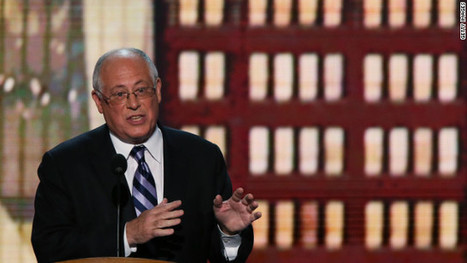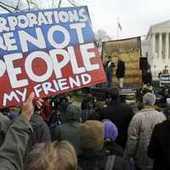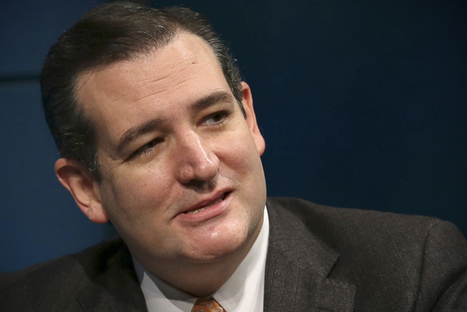Excerpt from article by CHRIS CILIZZA, Washington Post
Fueled by the grass-roots energy and, in some places, anger of tea party members, Republicans gained more than five dozen House seats in 2010, a sweep that put Boehner — an institutionalist’s institutionalist — at the top of a GOP he didn’t really recognize anymore.
For the first two years, Boehner was a SINO (Speaker in Name Only) as he regularly saw his legislative and political goals upended by the purists in his party who regarded compromise as capitulation. The debt-ceiling fight of 2011 was a sign of things to come for Boehner. The speaker engaged in long and serious talks with President Obama aimed at not simply raising the country’s debt limit but also addressing our long-term budget problems. But as it became clear that Boehner was going to have to give to get, the tea party crowd in the House, who saw the debt ceiling vote as a chance to tie the government’s purse strings, made clear that they wouldn’t be going along to get along.
Then came the 2012 elections, a rebuke of the tea party’s ideas and leaders. Sensing an opportunity to wrest control of his party, or at least the House GOP, back from the fringe, Boehner went on offense. He kicked Reps. Tim Huelskamp (Kan.), Justin Amash (Mich.) and Dave Schweikert (Ariz.)off plum committeesafter the election, insisting that they had been insufficiently loyal to the party leadership on key votes — the most notable of which was on the budget proposal put forward by Rep. Paul Ryan (Wis.), the vice-presidential nominee.
Stories of Boehner’s reemergence were crafted, citing his renewed power over his Republican colleagues and using the tea party committee purge as example No. 1. Emboldened by his newfound strength, Boehner set out to show some force in his negotiations with Obama over the “fiscal cliff.” He introduced “Plan B,” a bill that would preserve the George W. Bush-era tax cuts on everyone except those making $1 million or more a year, and he held a 51-second news conference pledging that it would pass the House and daring the president to ignore it.
Twenty-four hours later, Boehner released a statement admitting defeat. Plan B never made it to the House floor. The speaker and Majority Leader Eric Cantor couldn’t come close to securing the votes required.
The defeat was spurred by the tea party, which saw Boehner’s plan not as a way to put political pressure on the president but as an unnecessary sacrifice of a core principle. That principle? It’s never okay to raise taxes on anyone. [MORE]
Via Eric Byler







 Your new post is loading...
Your new post is loading...
































